AWE Awards nominees are recognized for their resilience, innovation, and leadership in their communities. Though we’ve had to postpone our 2020 AWE Awards celebration, we’ve taken this opportunity to talk to nominees, exploring their journeys and the challenges they’ve overcome to build successful businesses in Alberta.
Shani Gwin keeps her heritage close and her family closer. She is a sixth generation Métis woman dedicated to elevating Indigenous voices in her community, which is what led her to start her own communications company, Gwin Communications, in 2016.
Shani lives a block from her childhood home, in between her parents’ homes, who separated when she was in grade two. They have instilled in her a desire to help others, with both of her parents having been involved in the Indigenous community throughout their lives.
“I have these amazing role models and I knew I needed to give back.”
Before starting her company, she worked with the City of Edmonton in the Indigenous Relations office. Shani provided support to First Nations communities, which is how she met Chief Tony Alexis of Alexis Nakota Sioux Nation. As they got to know each other, Chief Alexis began encouraging her that her skill set was needed in the Indigenous community.
“I always had this thought of running my own business.” She considered her options and asked herself, “Could I actually make a go of this? Should I be working for Indigenous organizations and helping them navigate the media and helping them tell the stories that are never told?”
Her mind was made up when she was presented with a full-time contract opportunity she couldn't turn down. What she had started as a side gig officially became her career.
As a mother to her nine-year-old daughter and two-year-old son, Shani says the challenges of owning her own business while managing a family can be overwhelming, especially during these unprecedented times.“These are things that women, specifically, who are business owners struggle with — these unsung pieces of motherhood.”
As a small business owner, Shani says that each project she takes on feels like an achievement. “It’s amazing that people trust me and are happy with the work.”
Some of Shani’s career highlights include working with the Alexis Nakota Sioux Nation and helping to position Chief Alexis as a key contact for media inquiries on Indigenous issues and statements. “His successes are my successes because I feel like I have a small role in helping him shape that sort of media presence and that relationship.”
Shani has been working with the Gord Downie & Chanie Wenjack Fund for a few years, and last October, the organization flew Shani out to Toronto to attend Secret Path live. The immersive multimedia show brought together artists to tell the story of Chanie Wenjack and the painful legacy of Canada’s residential school system. “It was an emotional evening.” Shani helped coordinate all marketing and promotions leading up to the event.
As an AWE Award nominee, Shani says being recognized makes her proud of herself and the other women involved: “I'm so honoured to be a part of that growing list of women. It makes me emotional!”
“It's really important to acknowledge and recognize women and the amount of time and effort that they spend on making their dreams come true. I do believe it is so much harder for us to realize these dreams of ours.”
Shani has been able to find support from many women in her life, including her elders, her sisters, mother and her late grandmother. “I have a daughter who I learn from everyday — she's a huge motivator behind my success. I’m going to show her that she can do whatever she sets her little heart to.”
This year, Shani hired her first summer student, a First Nations woman from Ontario, which she says is “part of the dream;” having Indigenous women working together and supporting each other.
“I know there are more challenges for Indigenous women, especially, to take that next step.” Shani says having that support is integral and encourages anyone looking for advice, or just wanting to talk, to reach out to her. You can connect with Shani and learn more here.





















